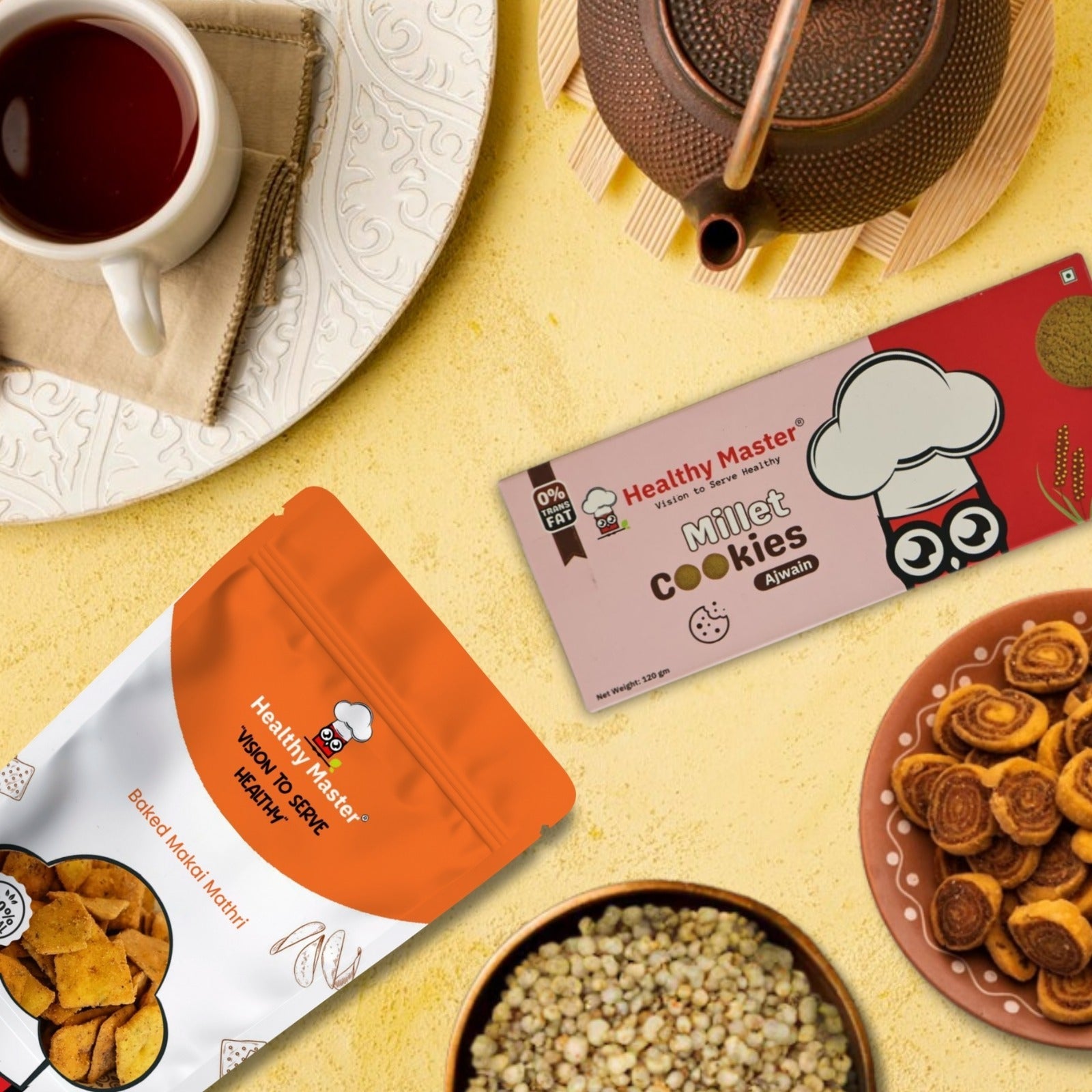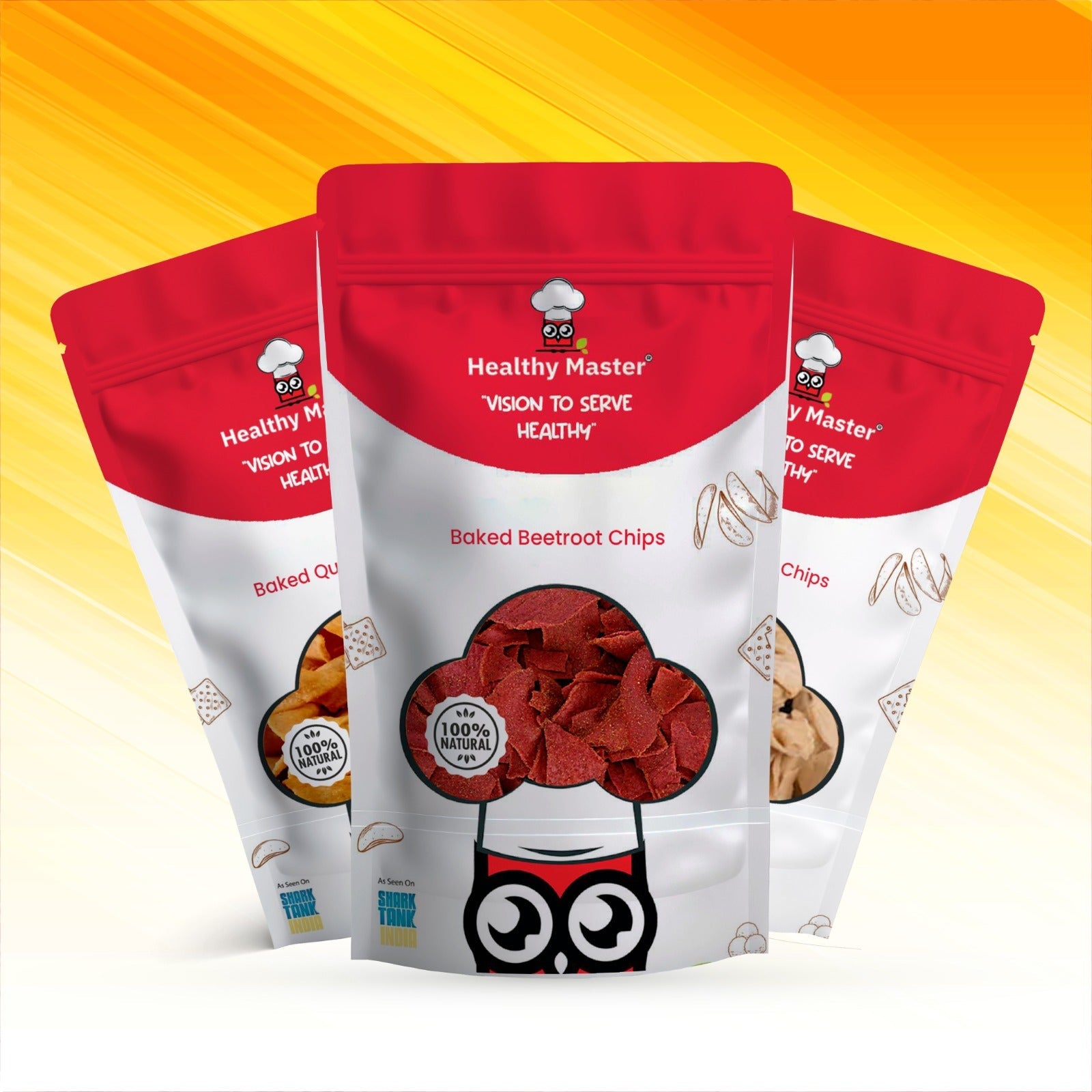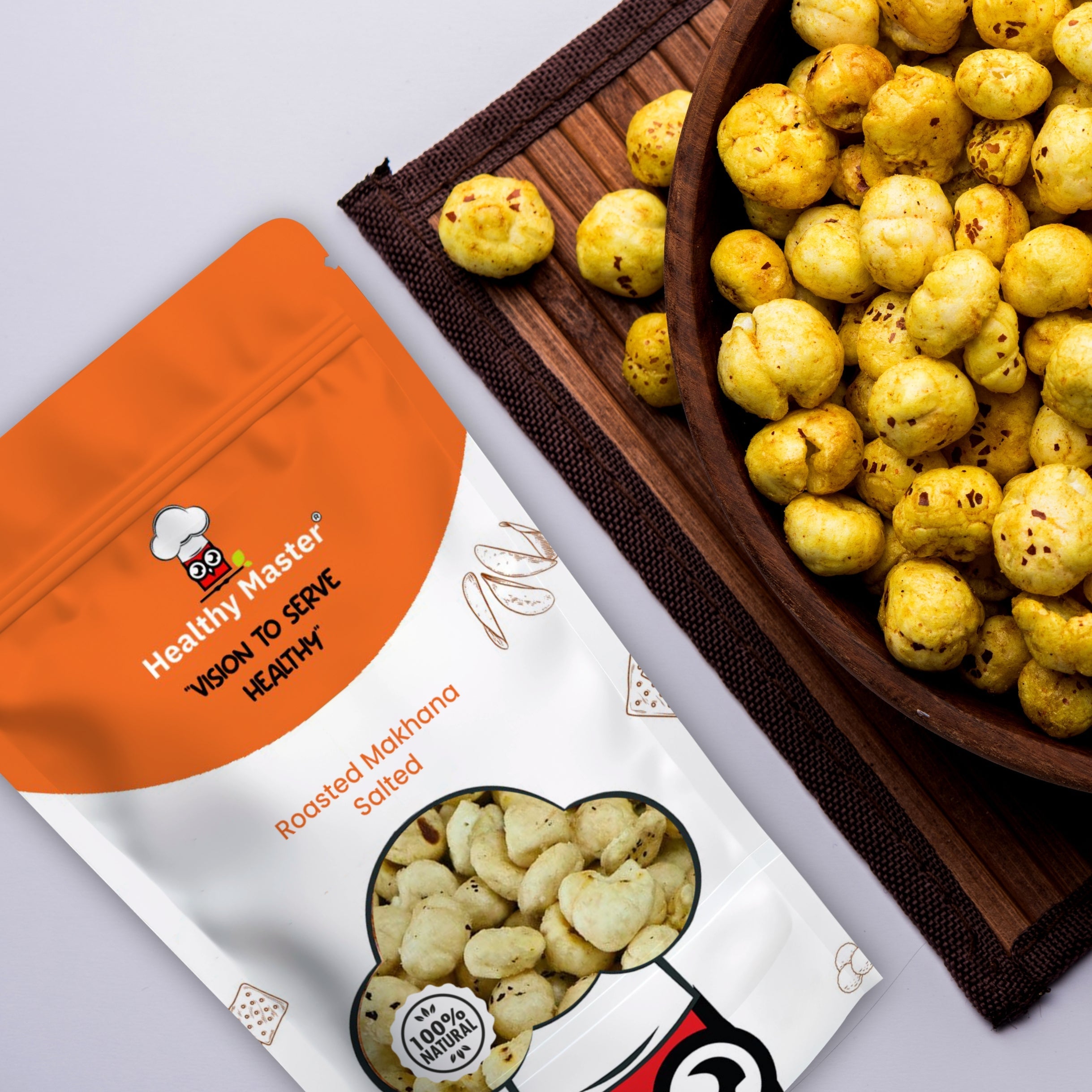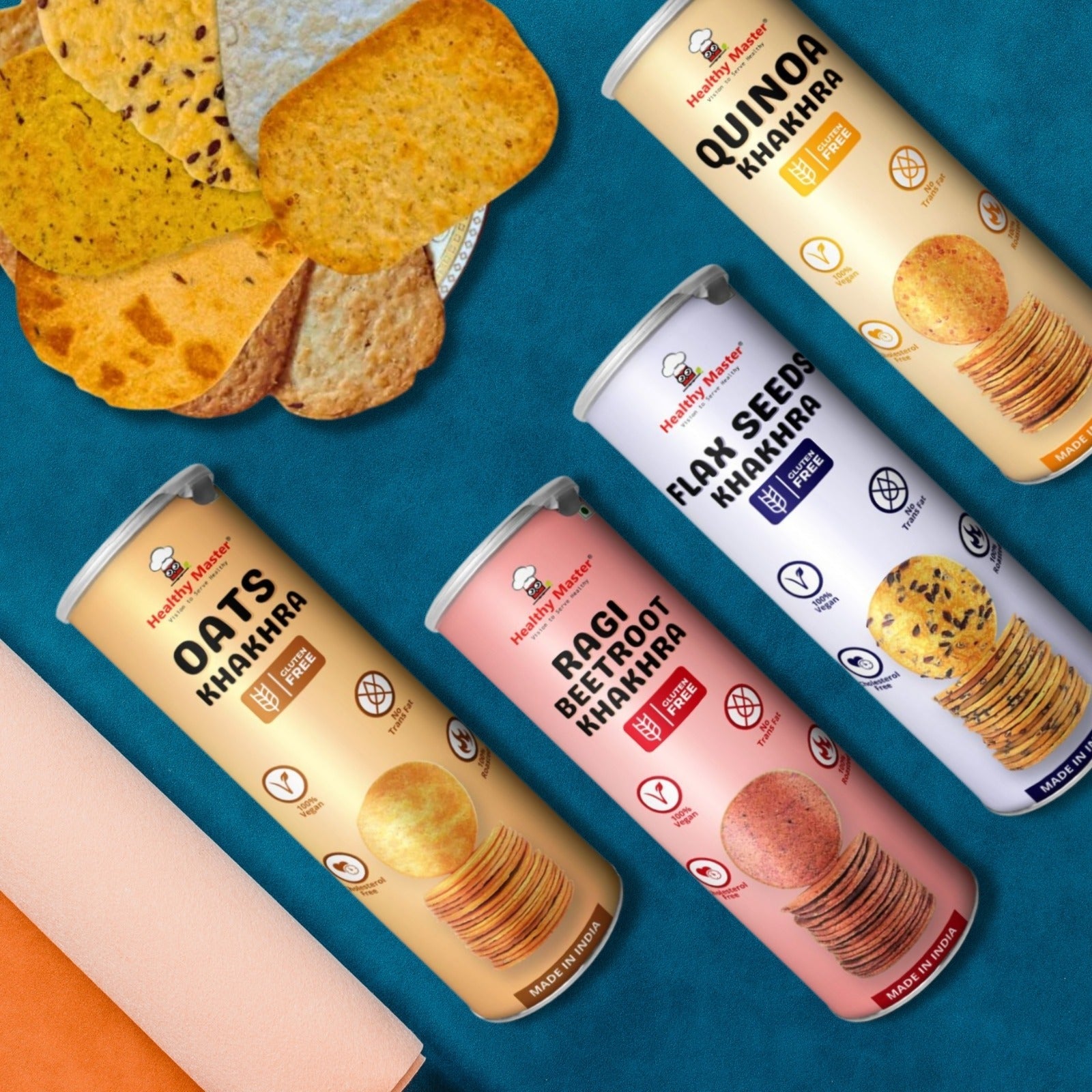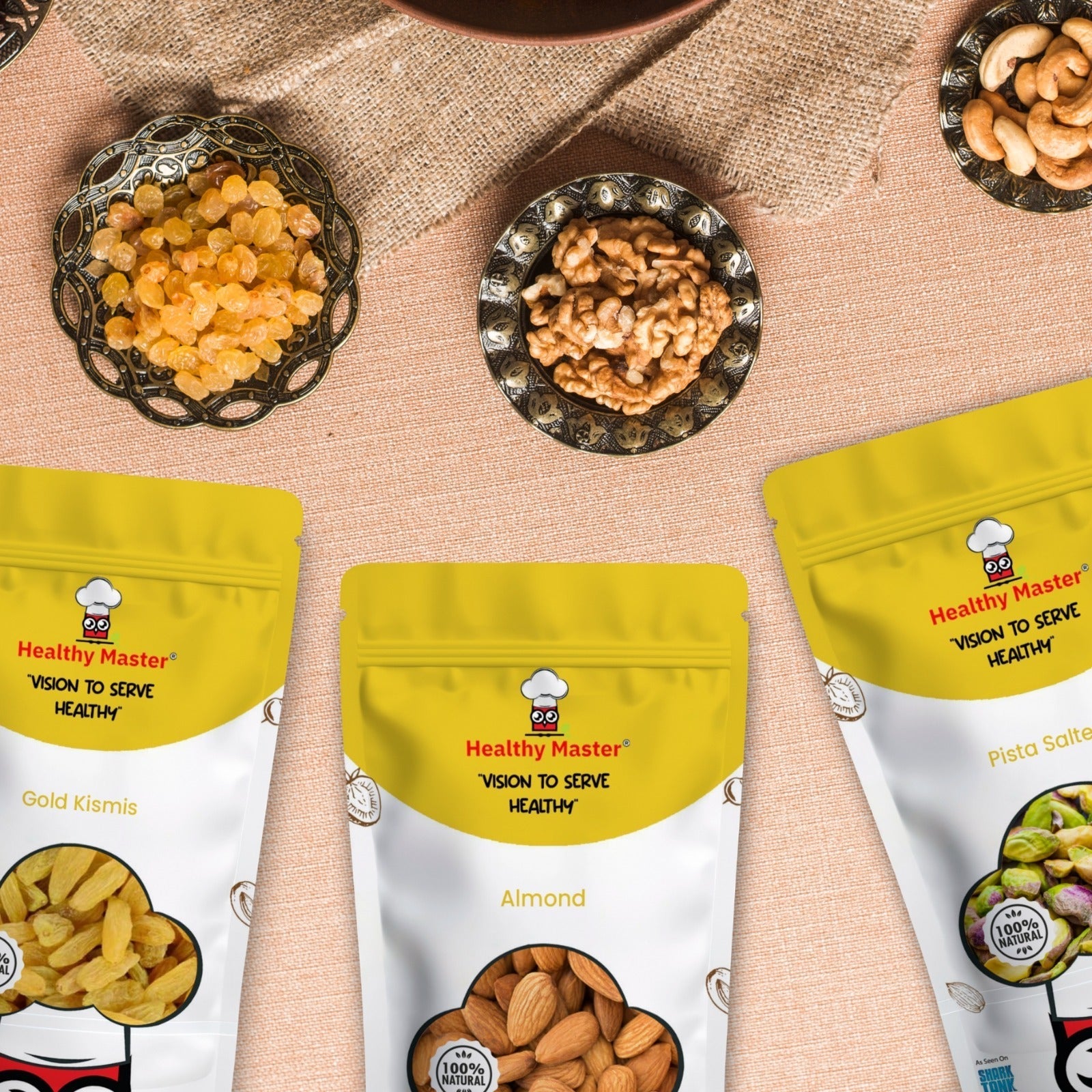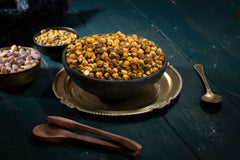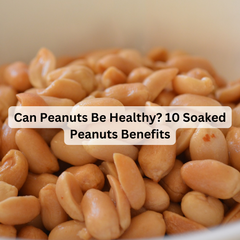Peanuts are versatile, affordable snacks that have been a favourite for many for centuries. Often mistaken for nuts, peanuts are technically legumes, which have a similar nutritional profile of tree nuts like almonds and walnuts. It is consumed in many forms like peanut butter, roasted, and even in powdered and grounded forms. They are not just creamy deliciousness, but a powerhouse of many nutritional and health benefits. This humble snack is also a superfood, which can be a perfect option for people who are looking for an option to lead a healthy lifestyle.
This content is designed to provide you more information on the health benefits and nutritional profile of peanuts and how they can be a great addition to your balanced diet.
What Exactly Are Peanuts?
As mentioned above, peanuts are edible seeds of legumes. They come from the plant family that provides soybeans, green peas and lentils. Peanuts, which are commonly known as groundnuts in India, grow below the ground. According to the studies, it originated in South American countries like Peru and Brazil. Due to its increasing demand, it is now grown in different parts of the world and consumed in various forms.
Nutritional Value of Peanuts
Peanuts contain some of the most important nutrients that can contribute to your overall well being. Below mentioned are the peanut nutrition facts that will inform you why they are considered as a nutritional treasure:
|
Nutrients |
Per 100 g |
|
Calories |
567 kcal |
|
Protein |
25.8 g |
|
Total Fat |
49.2 g |
|
Carbohydrates |
16.1 g |
|
Dietary Fiber |
8.5 g |
|
Vitamin E |
8.3 mg |
|
Magnesium |
168 mg |
|
Potassium |
7.5 mg |
Peanuts are also packed with good amounts of antioxidants, healthy fats as well as bioactive compounds like flavonoids and resveratrol. They have many proactive benefits on your overall health and body.
Astounding Health Benefits of Peanuts
1. Heart Health
When it comes to heart-healthy nuts, walnuts and almonds have gained a huge popularity as they contain a good amount of unsaturated fats. However, studies have shown that peanuts can be as good as other expensive nuts for heart health. They contain both monounsaturated and polyunsaturated fatty acids. Apart from this, the fiber content and plant sterols present in peanuts will also reduce the LDL cholesterol levels in the body and the risk of heart disease.
2. Weight Loss
Yes, you read it right! Peanuts can also help you with weight loss. This is because foods like peanuts that contain high amounts of proteins will make you feel full with fewer calories. And when it comes to nuts, peanuts stand right below almonds due to its high protein count. A moderate amount of peanuts can be a great addition to your weight loss diet plan.
3. Longer Lifespan
Including a moderate amount of peanuts in your dietary habit may even help you to live longer. They contain an antioxidant called coenzyme Q10, which is required for the development and multiplication of cells. According to the experts, these nuts can also prevent many diseases and promote longevity.
4. Cancer Prevention
Peanuts have high antioxidant and phytochemical content, which makes it a potential tool in warding off cancer. Studies have shown that peanuts may have positive benefits against different types of cancers. For older people, consuming peanuts or peanut butter in moderation can help in lowering the risk of developing certain types of cancers in the stomach.
5. Gallbladder Health
Did you know that eating peanuts can also protect your gallbladder? Yes, it will protect gallbladder, which is an organ important for making and releasing digestive fluid. In one study, people who ate peanuts on a regular basis did not require gallbladder surgery, a treatment for gallstones.
Things to Keep in Mind
While peanuts are completely healthy, it is not suitable for everyone. There are some side effects of these legumes that you should know. Some people might develop an allergy to peanuts. People who are allergic to peanuts may experience different symptoms like nausea, itchy hives, and swelling of the face. In some cases, severe peanut allergy can cause life threatening reactions. Some of these include trouble in breathing, vomiting, seizures, chest pain and more. In such cases, it is very important to take medical assistance.
How to Include Peanuts in your Daily Routine?
You can eat peanuts raw, roasted, blanched, boiled, fried or powdered. Eating their thin papery skin has added health benefits. The skin contains many phytochemicals and antioxidants. As it is a very versatile legume, you can easily add it in your diet through a variety of snacks and dishes. Some of them are:
-
Make peanut butter and banana sandwich
-
Grind them into a paste like form with spices to make chutneys
-
Bake into cookies or pies
-
Roasted and salted peanuts as a stand alone snack
-
Add them on top of smoothies and salads for a crunchy addition
Closing Thoughts
Peanuts are a great source of nutrients like B vitamins, dietary fiber, antioxidants and vitamin E. Regular yet moderate consumption of these nuts will also promote heart health, reduce inflammation, lower diabetes risks and even help with weight management. However, as they are also high in fat, it is very important to be mindful about the portion size.
You can buy some of the best peanuts snacks from Healthy Master. There are many flavors and textures to choose from.
FAQs
1. Are roasted peanuts healthy?
Yes! Peanuts are high in unsaturated fats and many nutrients like vitamins and minerals that will protect your health and body against many diseases.
2. Do peanuts contain fats?
Yes! Peanuts contain fats, which is about 15 g per 1 ounce serving. However, most of these fat content are healthy.
3. Are peanuts good for skin?
Yes, peanuts can be beneficial for skin as they contain nutrients like niacin and arginine, which are important for a healthy skin.
4. Are peanuts good for hair?
Yes, peanuts can be good for hair as they contain resveratrol, a plant compound that promotes hair growth and reduces hair loss.
5. Can I eat peanuts everyday?
Yes, eating one ounce of peanuts on a regular basis can be healthy.
 Deal of the week : Trial Snack Box - 18 Wholesome Delights Just at ₹ 899.00
Deal of the week : Trial Snack Box - 18 Wholesome Delights Just at ₹ 899.00


